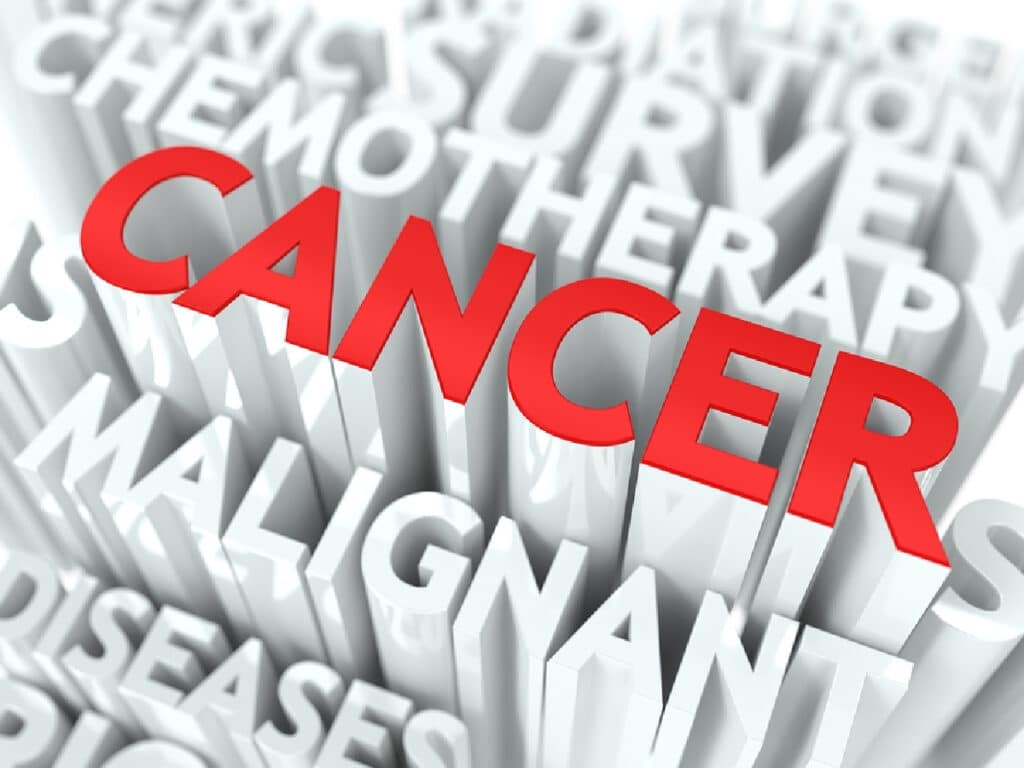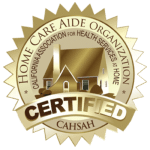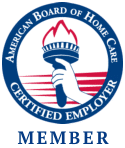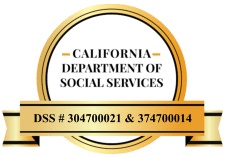Caregiver: Are you taking care of your female elderly loved one?
If so, does she have a family history of ovarian cancer? That is just one of the many risk factors for this type of cancer. It would be a good idea to learn about the other factors, as well, since some of them can be prevented. Once you read more about these risk factors, you should have a conversation with your elderly loved one and their caregiver.
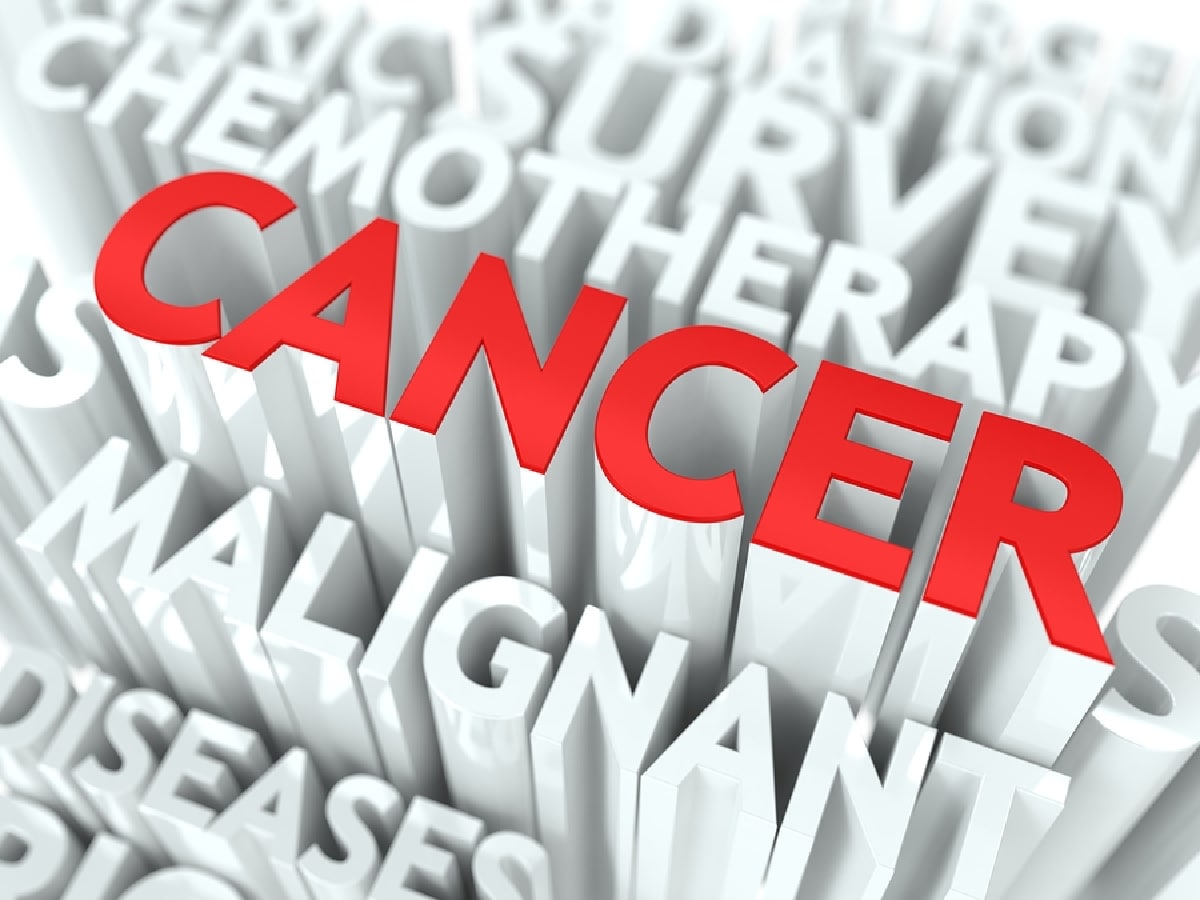
Getting Older
Just as with family history, there is nothing that your elderly loved one can do about getting older, either. With this being said, one of the ovarian cancer risk factors is being older. Research shows that once women reach 63 years old, their risk of getting this type of cancer is increased. As they get even older, their risk will increase again and again.
Being Overweight or Obese
Some studies also show that being overweight or obese can lead to ovarian cancer. There haven’t been a lot of studies that prove the connection between obesity and ovarian cancer. However, the research that is out there suggests that people who are at a healthy weight have a lower risk of getting this type of cancer than those who are overweight. If your elderly loved one is overweight or obese, maybe you or a 24-hour home care provider could help them to lose weight. Once you find out what weight they should be at, you can work with your elderly loved one to achieve mini weight loss goals until they achieve the final goal.
Late-Age Pregnancy
Did your elderly loved one have a baby when they were 35 years old or even older? If so, their risk of getting ovarian cancer is higher than the women who have babies when they are younger adults. In addition, if your elderly loved one had preemie children or miscarriages, their risk of getting this type of cancer will be higher, as well.
Breast Cancer Survivor
Did your elderly loved one have breast cancer at some point in their life? If so, that is great they were able to beat it and be in remission. However, unfortunately, having breast cancer does increase the risk of getting ovarian cancer later in life.
Caregiver: Conclusion
These are some common ovarian cancer risk factors. Now that you know what these factors are, you can talk to your elderly loved one about them. If you don’t already know about their family health history or personal health history, find those things out. This can help you to determine if they have a higher risk of getting ovarian cancer. In addition, if your elderly loved one is overweight, make sure you and their caregiver can help them to get their weight under control.
If you or an aging loved one are considering hiring a Caregiver in Huntington Beach, CA, please contact the caring staff at Canaan Home Care today!
1-844-CANAAN-1 (1-844-226-2261)
Sources
https://www.cancer.gov/types/ovarian/patient/ovarian-prevention-pdq
https://www.cdc.gov/cancer/ovarian/basic_info/risk_factors.htm
- Reduce Clutter and Reduce Stress This Spring - April 23, 2025
- Sight Issues Your Loved One With Alzheimer’s Disease May Experience - April 15, 2025
- Ways Respite Care Will Benefit Your Senior - April 9, 2025

